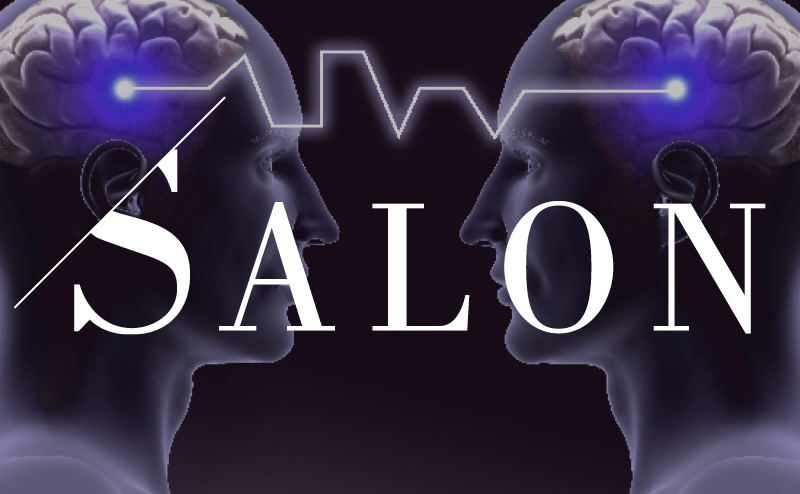Paralyzed patients are starting to walk with the aid of exoskeletons and doctors are testing artificial retinas in the blind thanks to neuroprosthetics: surgical brain implants that restore some function in patients with severe sensory, motor, and even memory disabilities. Today, noninvasive brain stimulators that improve people’s attention are already available over the counter and over the Internet. But these tools come with consequences. Where do we draw the line between risks and rewards, particularly when individuals without physical or mental impairments take advantage of the technology available? In this Salon, we will take a deep dive into the burgeoning field of neuroprosthetics, its repercussions, and its life-altering benefits.
This program is part of the Big Ideas Series, made possible with support from the John Templeton Foundation.
















